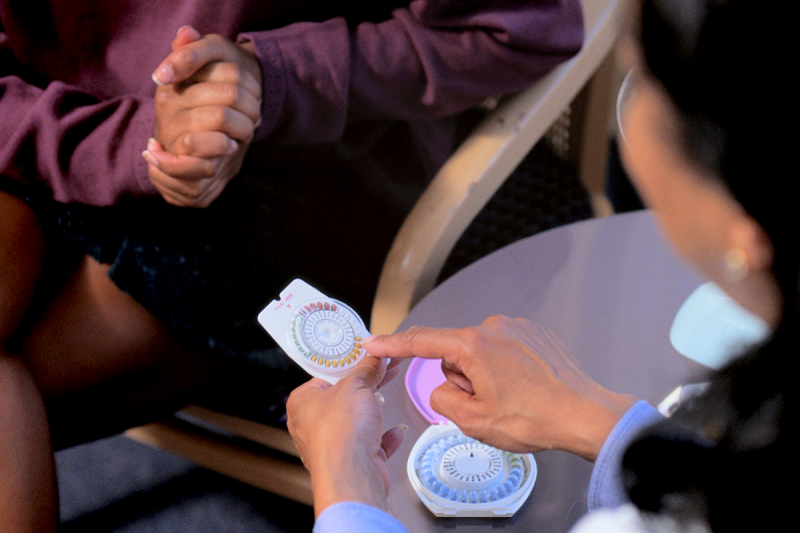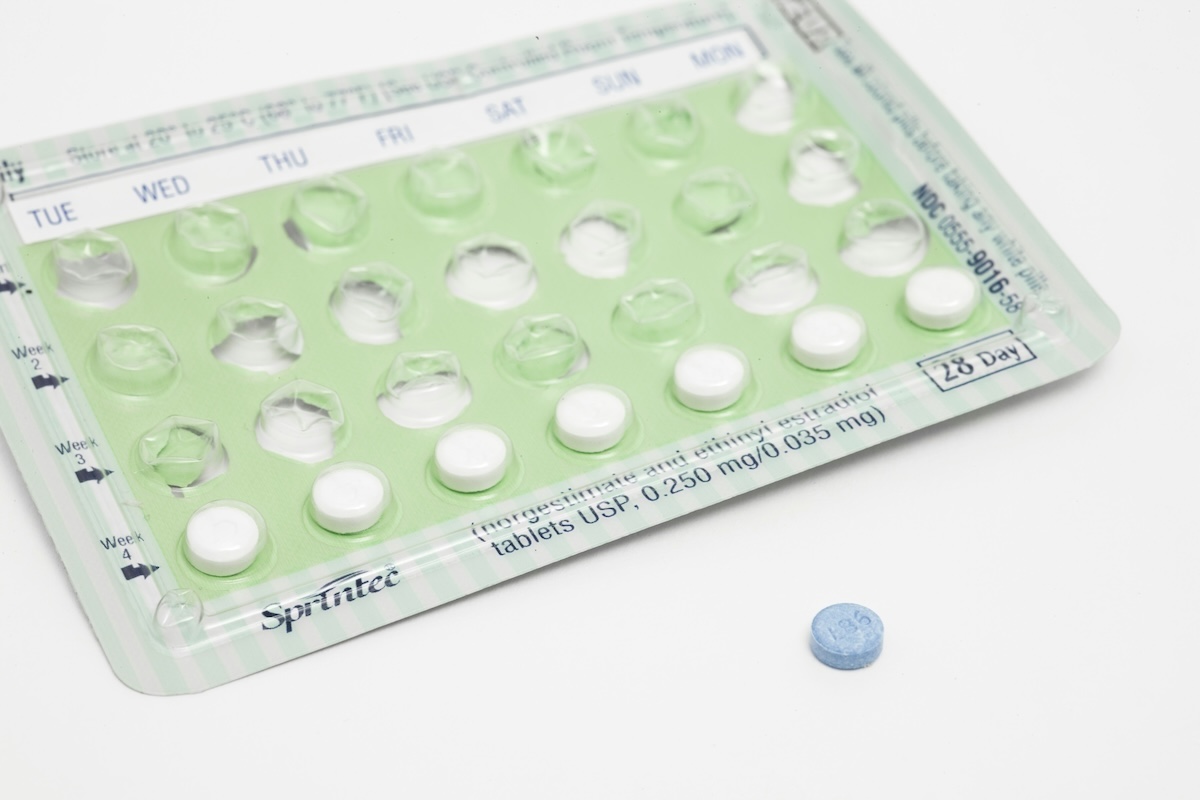What are the pros and cons of combination birth control pills vs. progestin-only pills during the late-reproductive stage? My periods are long, my cycle lengths are regular but short, and I ovulate 10 to 11 days after the start of my period. During my luteal phase, my mood, energy levels, and sleep suffer significantly. This leaves me with less than a week each cycle where I’m feeling my best. My GP has also informed me that I am iron deficient based on my most recent blood work. I would like to resume birth control pills but am concerned that my doctor may recommend progestin-only pills based on my age. Would this worsen my luteal phase symptoms? Should I push for combination pills that include a low dose of estrogen?
–So Tired
We used to have women stop taking combined birth control pills after age 35. Studies of early birth control pills suggested that women over age 35 were at increased risk of developing blood clots while taking birth control pills containing estrogen and progesterone. More recent data has shown that most women can safely take combined birth control pills until the average age of menopause.
This change is probably due to two changes over time. First, modern birth control pills contain far less estrogen than the original ones. Second, many more women used to smoke cigarettes, and smoking while taking birth control pills does increase the risk of blood clots — we still don’t recommend that women who smoke take them.

But now that we have established that it is safe, let’s address the efficacy of different types of pills for treating menstrual symptoms in the late-reproductive stage. Combined birth control pills contain estrogen and progesterone typically in the same dose for 21 to 24 days and then 7 to 4 days of sugar pills. They provide contraception by suppressing the production of the follicle-stimulating hormone and luteinizing hormone in the pituitary gland. Those hormones drive ovulation. Without FSH and LH, you won’t ovulate, and without ovulating, you can’t get pregnant.
Combined birth control pills treat menstrual symptoms by eliminating the usual rise and fall of estrogen and progesterone and giving a stable dose of estrogen and progesterone each day — except the days when you take the sugar pills and get a period. In fact, many women take combined birth control pills continuously and never have a period or the symptoms that can come with it.
Progesterone-only birth control pills work differently. Some suppress ovulation, and some do not. While suppressing ovulation will result in more stable hormone levels, the pills don’t provide a stable dose of estrogen. To the degree that your symptoms are due to dropping estrogen, they may help. To the degree that your symptoms are due to an overall low level of estrogen, progesterone-only pills are unlikely to be helpful in managing your menstrual symptoms.
Ultimately, combined birth control pills are both safe for most women until the average age of menopause (age 51) and are more likely to be effective in managing your menstrual symptoms in the late-reproductive stage.
Community Guidelines




















Log in
When my friend died from the pill, from a PE, we were told that not only can smokers not take them, but that obese patients should not take the birth control pill either. If this is still the advice I think it’s important to mention, as smoking is down but obesity is up.